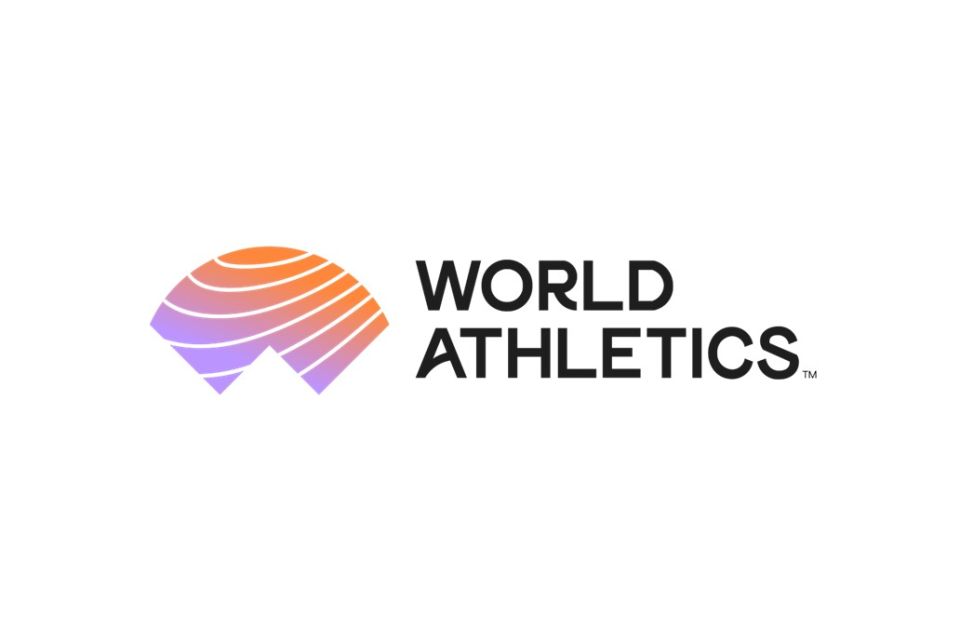
The World Anti-Doping Agency has published Stakeholder Notices that were developed by the Contaminants Working Group to provide guidance for potential meat and diuretic contamination cases.
On 20 May 2021 the Executive Committee unanimously approved recommendations from the Contaminants Working Group regarding Minimum Reporting Levels for growth promoters and diuretics. The recommendations were made in order to assist the anti-doping community with dealing with contamination cases, particularly in relation to meat and diuretics.
The Stakeholder Notice in relation to meat contamination says that “For cases of clenbuterol, ractopamine, zilpaterol or zeranol or its metabolite(s) at a concentration at or below 5 ng/mL, WADA-accredited laboratories shall report the result as an Atypical Finding, and the Results Management Authority shall conduct an investigation, to determine whether that finding may be due to ingestion of contaminated meat.” The Notice continued to say that following the investigation a case may be closed if it is determined that the substance detected was consistent with meat contamination, if it is determined that the finding was not caused by meat contamination then the case will be pursued.
The Stakeholder Notice regarding potential diuretic contamination reads “For cases of acetazolamide, bumetanide, furosemide, hydrochlorothiazide, torasemide and triamterene, the presence of one or more of these diuretics or their metabolite(s) in an athlete’s urine sample at an estimated concentration at or below 20 ng/mL will not be reported as an Adverse Analytical Finding or as an Atypical Finding.” The Notice continues “However, where a sample is collected from an athlete participating in a sport or discipline that uses weight classes, WADA-accredited Laboratories shall report the presence of one or more of these six diuretics or their metabolite(s) at an estimated concentration equal to or below the Minimum Reporting Level of 20 ng/mL as an Atypical Finding.”
You can read the WADA statement here.


